Why is there a new research website?
As regular readers of this blog know, across BU there is a wealth of research and knowledge exchange activities that take place through a wide array of projects, which in-turn bridge our academic schools, engage the public and have considerable impact on society.
However, it is difficult for readers of our current research webpages to understand the wealth of BU’s research expertise. Most of the information about BU’s research is scattered across assorted school pages, microsites and news sections with many outdated materials still online.
Readers’ expectations of websites have changed considerably as well. When BU first started presenting information digitally, the norm was to display static content. As we enter 2014 we need a digital platform which presents information in a dynamic and narrative driven way.
Therefore, we are about to launch BU’s new research website. The new site will have an updated design and will present our research around our eight societally focused research themes. In each section will be content on research news, research impact, public engagement and postgraduate research. It will also be possible to view content by each REF Unit of Assessment and see details of our research centres.

When will the new research website be available?
A beta version (i.e. test site) will go live by the end of November and we will be seeking submissions from across BU to further populate the site. This is to allow us to address any technical issues and for our research community to put forward content that wish to see on the new research website. There will be a full launch of the site in early 2014.
How will I be able to share news about my research?
One of the key reasons for the new research website is to ensure that our researchers are able to easily and frequently share their research online. Everyone will be able to craft their own content and upload articles themselves. The Research and Knowledge Exchange Office (R&KEO) will perform a light-touch check to ensure the correct tags are added new content will go live on the site within 1-2 working days.
There is training available on the new research website – please see this post to reserve a session.
If you are unable to attend one of these sessions, further dates are being organised on a rolling basis in 2014, so please register your interest by emailing Rebecca Edwards.
FAQs
I’ve got really important information that is available on our current research webpages, will this get deleted at the end of the month?
No! Any content which is taken down from our publicly available servers will still remain available within BU. Therefore, if there is content which needs to appear on the new research website, and doesn’t already, you will be able to access the old material to create something new for the new research website.
What will happen to our research centre?
Each approved research centre will have its own page which can be designed and updated in a way which is most suitable for that community. New research centres needs to be approved by R&KEO in advance – please contact Rebecca Edwards in the first instance if you have a query about this.
Some research centres will retain a separate microsite and some new microsites will be created, subject to one of the following four criteria:
- Existing sites that can demonstrate an exceptional level of traffic
- Existing sites that already have a wealth of relevant content which is frequently updated
- Where a research grouping has external recognition, such as a national centre (e.g. the NCCA)
- An externally funded project where a separate microsite is part of the impact/dissemination plan
If you are unsure as to whether your microsite will be closed, please contact your Deputy Dean for Research. If you require a new microsite, please log a job with M&C in the usual way, and they will contact R&KEO to confirm a new microsite is permissible.
How will I add content to the new research webpages?
The new research website is built in WordPress, like the research blog. Therefore, you’ll be able to log into the site and add your own content. R&KEO will double check that the content is correctly tagged (to ensure everything appears in the right place on the new site) and it will be publicly available within one to two working days.
If you have not used WordPress before or would like to learn more about how the new research website will work, there are training sessions available (see above) to help familiarise you with the new the new system.
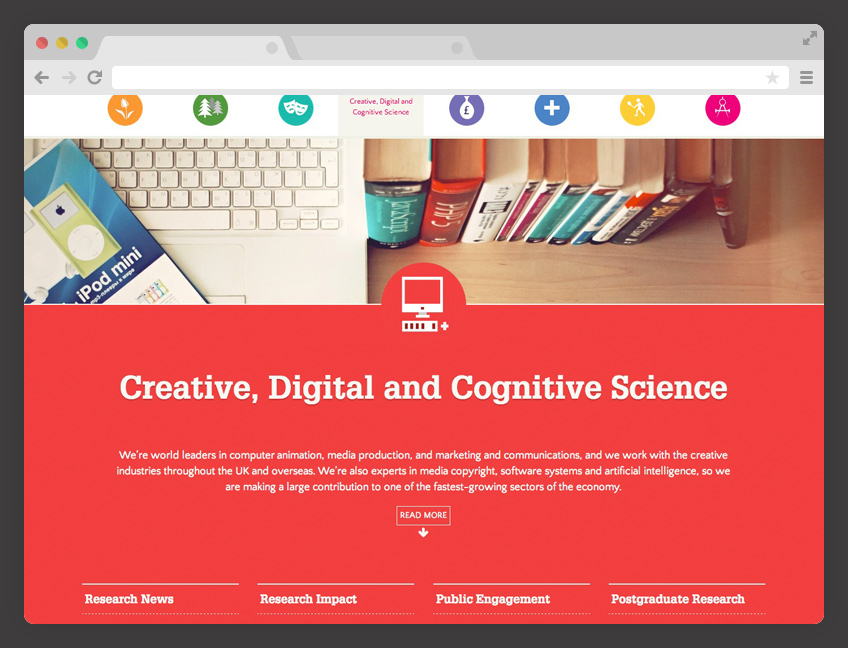
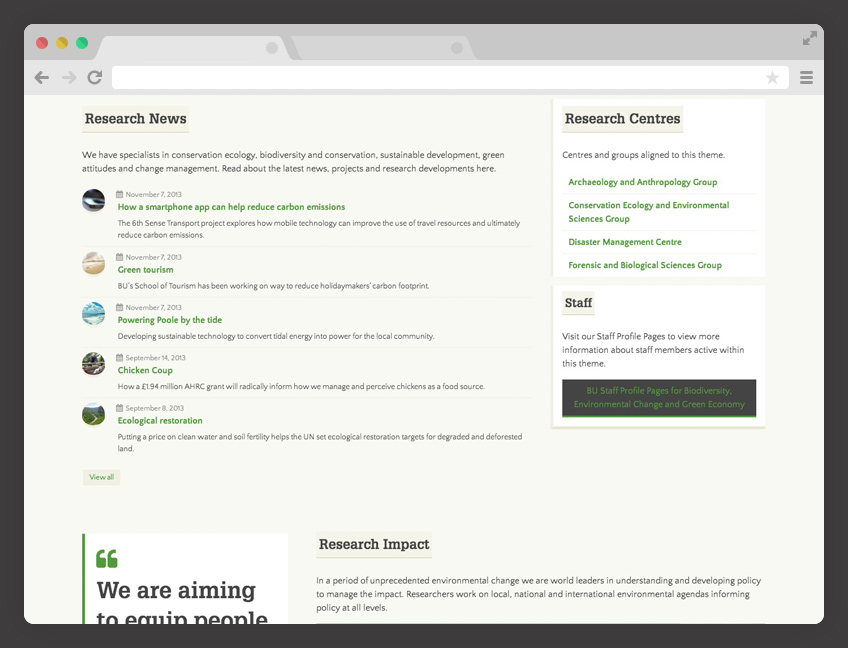
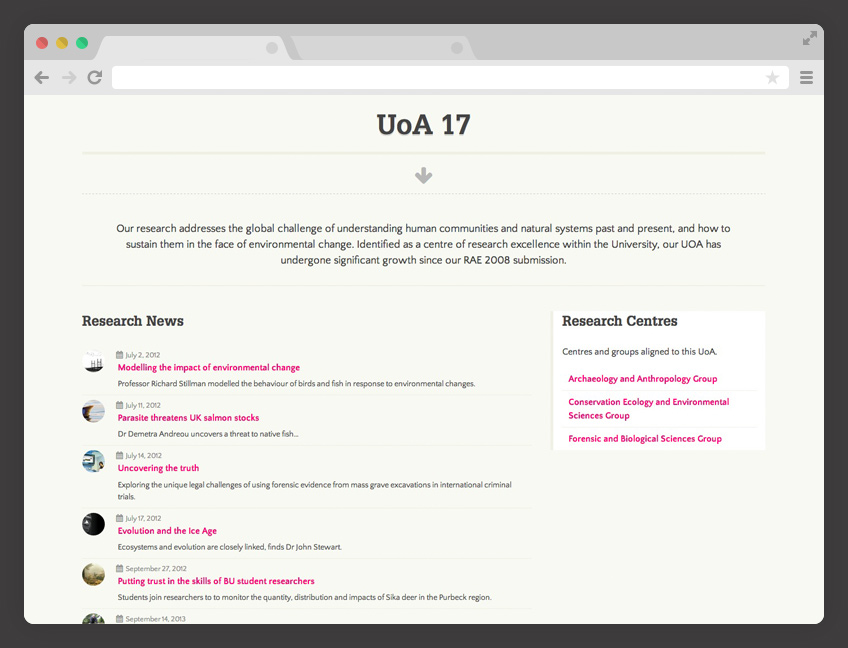
 Our next Creative Technology Research Centre Research Seminar will be presented by Jessika Weber.
Our next Creative Technology Research Centre Research Seminar will be presented by Jessika Weber.

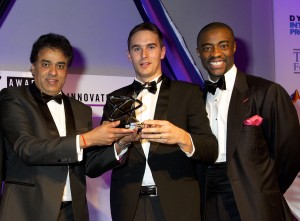
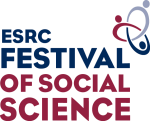

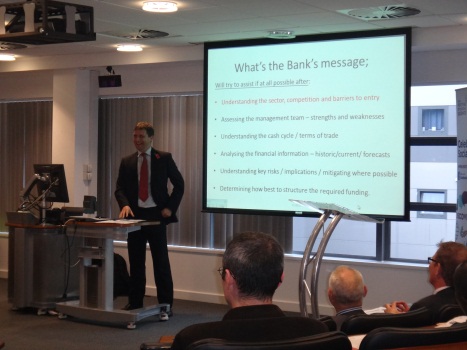
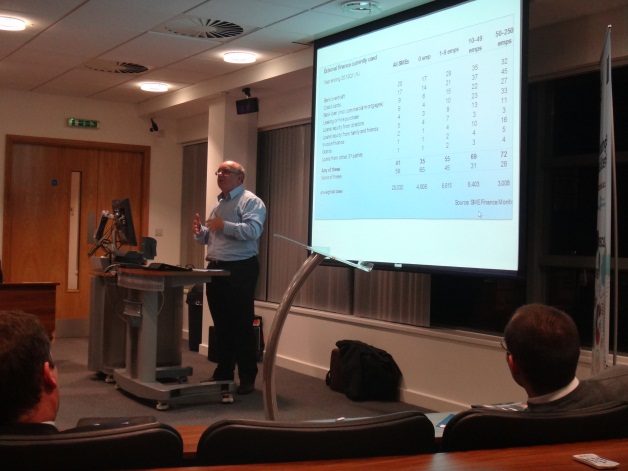
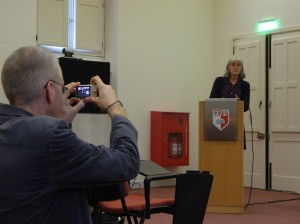
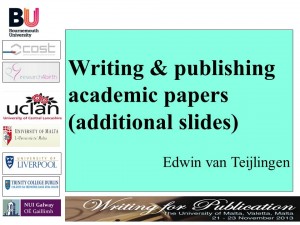

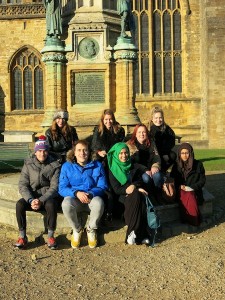
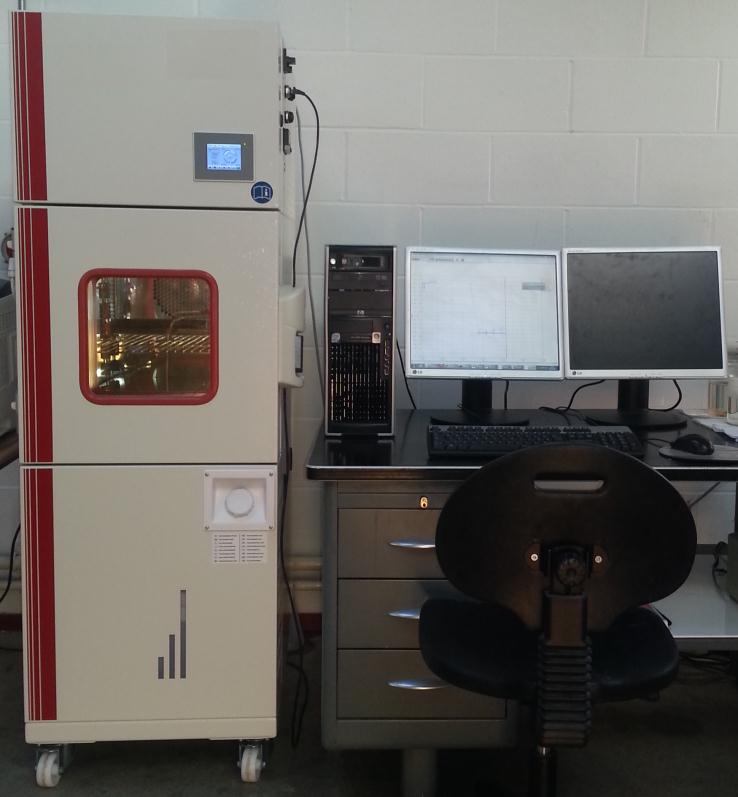
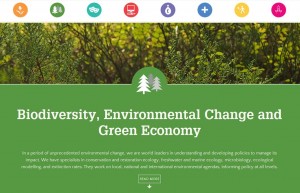

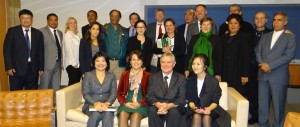
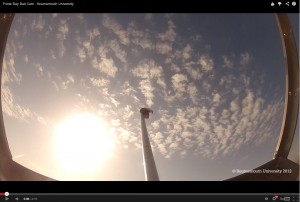

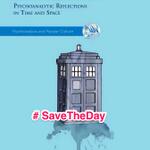




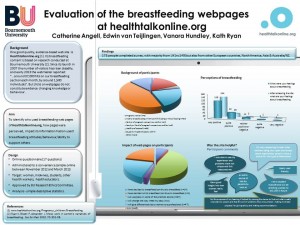
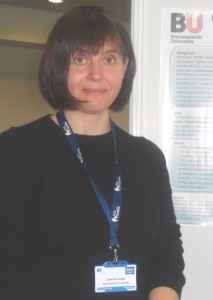
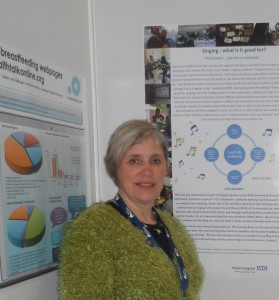











 Nursing Research REF Impact in Nepal
Nursing Research REF Impact in Nepal Fourth INRC Symposium: From Clinical Applications to Neuro-Inspired Computation
Fourth INRC Symposium: From Clinical Applications to Neuro-Inspired Computation ESRC Festival of Social Science 2025 – Reflecting back and looking ahead to 2026
ESRC Festival of Social Science 2025 – Reflecting back and looking ahead to 2026 3C Event: Research Culture, Community & Cookies – Tuesday 13 January 10-11am
3C Event: Research Culture, Community & Cookies – Tuesday 13 January 10-11am Dr. Chloe Casey on Sky News
Dr. Chloe Casey on Sky News ECR Funding Open Call: Research Culture & Community Grant – Application Deadline Friday 12 December
ECR Funding Open Call: Research Culture & Community Grant – Application Deadline Friday 12 December MSCA Postdoctoral Fellowships 2025 Call
MSCA Postdoctoral Fellowships 2025 Call ERC Advanced Grant 2025 Webinar
ERC Advanced Grant 2025 Webinar Horizon Europe Work Programme 2025 Published
Horizon Europe Work Programme 2025 Published Update on UKRO services
Update on UKRO services European research project exploring use of ‘virtual twins’ to better manage metabolic associated fatty liver disease
European research project exploring use of ‘virtual twins’ to better manage metabolic associated fatty liver disease